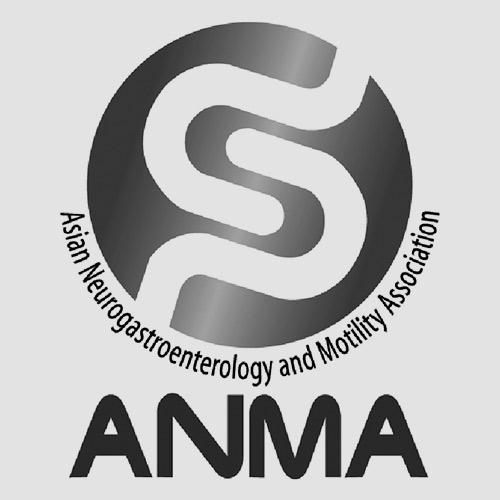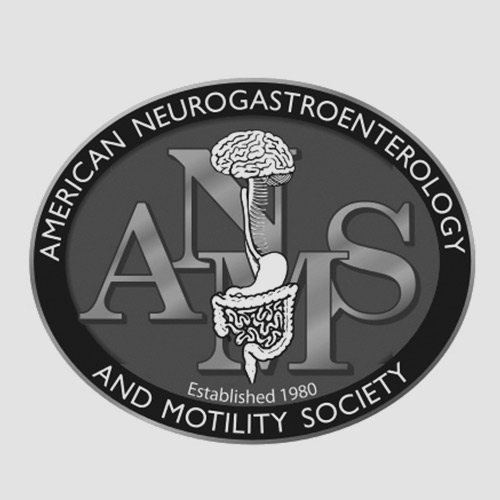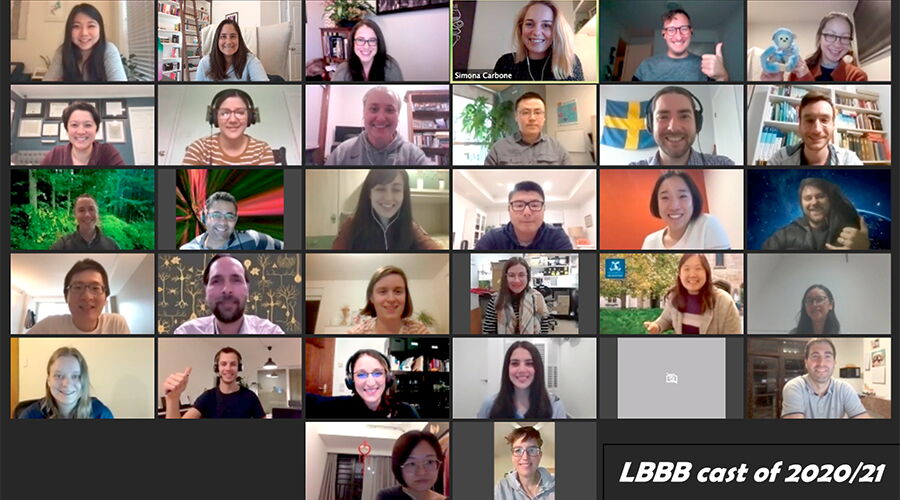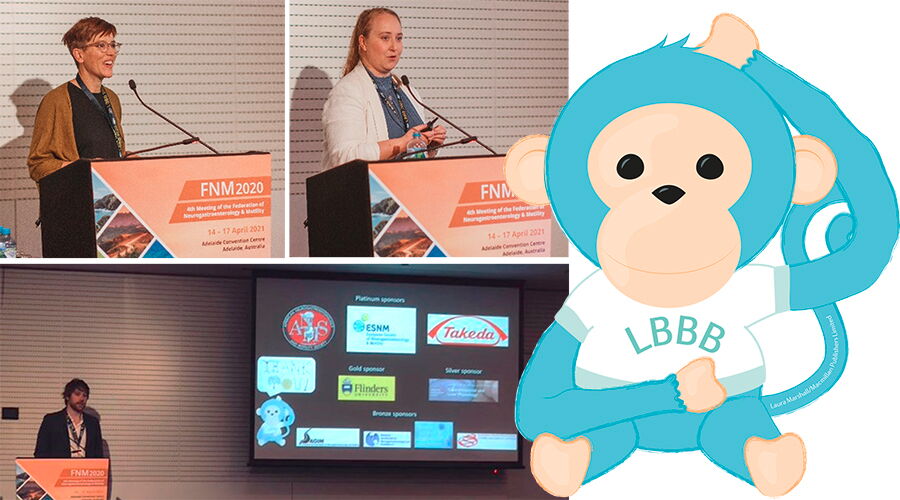Cooperations & Friends
ESNM represents the largest network of neurogastroenterologists in the world; ESNM is also connected to a worldwide network of neurogastroenterologists and gastroenterologists. Learn more about the diverse international societies of neurogastroenterology, UEG and Little Brain big Brain.
Networking worldwide
With the American Neurogastroenterology and Motility Society (ANMS), the ESNM not only shares the society´s journal “Neurogastroenterology and Motility” (established in 1988) but also an agreement to initiate an International Federation of Neurogastroenterology and Motility (FNM) that host an international meeting in the years between the biannual European respectively American neurogastroenterology meetings. The Asian Neurogastroenterology and Motility Association (ANMA) joined the FNM in 2012, and the Australasian NeuroGastroenterology and Motility Association (ANGMA) joined it in 2021 due to the Covid-19-pandemy as a hybrid meeting. The Latin American Society for Neurogastroenterology (SLNG) will host the next biennial FNM conference in Bogota in 2026.
Networking in Europe
ESNM is a member of the pan-European United European Gastroenterology (UEG), a Federation of 16 ordinary gastroenterological European subspeciality societies plus 47 national gastroenterological societies. As one of the “sisters” ESNM is involved in all research and educational activities of UEG, shares responsibility for planning and conduct of the largest gastroenterology event worldwide (United European Gastroenterology Week, UEGW), for development of novel teaching and education tools, guideline development for clinical practice, and the future development of gastroenterology in general.
Projects
ESNM develops and supports specific tools and training modules in the field of Neurogastroenterology and Motility. ESNM has established its own post-doctoral young investigator forum called TANDEM and is internationally supporting a similar project called Little Brain Big Brain (LBBB). You want to learn more about these projects? You are interested in iniciating a new project? Please contact our office via E-mail to info@esnm.eu
Little Brain Big Brain (LBBB) 2020/2021
The Little Brain Big Brain (LBBB) meeting has successfully cultivated numerous high achieving scientists in the field of Neurogastroenterology and Motility for over 3 decades. It has a long-standing tradition of being a unique gathering, which normally involves retreating into a remote location, where select and elite early career scientists from the international field can present their most novel discoveries to their peers. This meeting was designed to encourage young scientists to engage in lengthy discussions which is the catalyst for networking and collaborations.
Due to COVID-19 in 2020, we had to postpone LBBB 2020 despite having finalised all the details for the physical meeting meant to be held at Port Elliot YHA, South Australia. As the international borders remained closed, we created the first virtual LBBB meeting which was successfully held on 13-14 April 2021, just before the Federation of Neurogastroenterology and Motility (FNM) meeting. To stay true to the LBBB tradition, we curated a virtual version of the meeting by taking advantage of various online and social media platforms to promote engagement and collaboration. Our decision to go virtual was met with resounding enthusiasm from all the original LBBB participants that were selected by senior scientists in the field last year. We set up a Slack channel for all participants where they could upload their talks and facilitate interactions online. There were 26 participants (9 from USA, 7 from Australia, 6 from Europe, 3 from Canada and 1 from China) from interdisciplinary areas of research which we have broadly divided into 8 topical sessions that were run over “live” zoom sessions. The topics encompassed basic science and clinical research on the enteric nervous system and enteroendocrine cells within the gut, and their interaction with the brain and immune system in health and disease. During the zoom meetings, each presenter gave a one slide recap of their talks. At the end of each topical session, all participants mingled in smaller group breakout sessions and then reconvened in the larger group to have an extended discussion of the topic. Prizes were awarded to the best presenters at the meeting (Kristen Edwards – 1st prize, Maya Kaelberer – 2nd prize, Candice Fung – 3rd prize) and for best interaction at the Slack channel and live discussions (Peter Neckel, Pradeep Rajasekhar and Javier Aguilera).
LBBB interactions continued at the main FNM 2021 meeting for participants who could attend. There was a session at the FNM meeting which specifically showcased 4 presentations from the LBBB meeting.
The organisation of this LBBB meeting would not have been possible without the support from our sponsors from Takeda, ANMS, ESNM, DGNM and ANGMA societies and institutions at Flinders University and MIPS in Australia. As organisers, we are extremely proud to have achieved such a successful meeting and to continue the LBBB tradition against all odds. We are also happy to pass on the baton (and a vitual LBBB monkey mascot) of organising the next LBBB to a team of extremely capable team of scientists, Constanza Alcaino, Anthony Johnson, Naomi Tjaden, Peter Neckel and Florencia Carbone.
Update: An extraordinary LBBB2022 will be happening as an in-person and online meeting on September 5-9, 2022. The organizers are delighted to host the new generation of young scientists in Heiligkreuztal, Germany.
GENIEUR
This pan-European interdisciplinary network was established within the frame of the COST Action BM1106 GENIEUR (GENes in Irritable Bowel Syndrome Research Network EURope) to find the right approach to treatment of IBS with funding of the COST program. GENIEUR is currently supported be the ESNM to keep the network live. GENIEUR has significantly contributed to the improved study design in IBS. More than 80 experts from 22 European countries are engaged in GENIEUR.
The vision is to identify genetic factors (human genetics, epigenetics, metagenomics) contributing to IBS etiopathogenesis. The interdisciplinary connection of clinicians specialized in gut-brain disorders, immunology and psychiatry and basic scientists focusing on (epi-) genetics, microbiomics and phenotypic analysis of case-control cohorts is an important prerequisite for success in this field.






